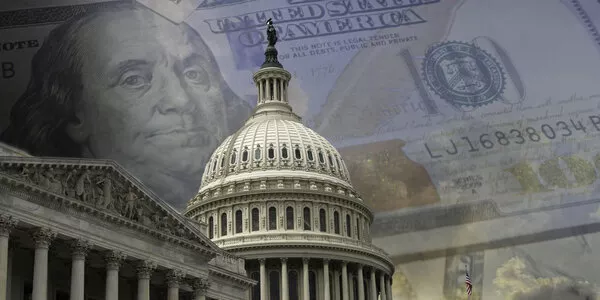
Weekly Update - United States: Expectations of recession are premature
The United States has not escaped the deteriorating economic outlook of recent months. With the economy suffering a general rise in inflationary pressures and an strong evidence of an overheated labour market, the Federal Reserve has embarked on a rapid cycle of monetary tightening. Rates are set to rise at least 200bp between March and September. This policy has already translated into an significant tightening of financial conditions, which will dampen the growth dynamic. A proof of this tightening is housing financing, with mortgage rates reaching their highest since 2013. Jerome Powell's latest comments provided further confirmation that the Fed is targeting more restrictive financing conditions and would be willing to impose “some pain” on the economy and on financial markets to achieve its goal of bringing down inflation. On this basis, financial markets have begun to price in a sharp economic slowdown, with a major correction to equities and fall in sovereign yields over recent week.
We, however, think the US economy should continue to grow for the next few quarters. First, households are still sitting on surplus savings built up in 2020 and 2021 (liquid savings amount to around 12 points of GDP) and this should sustain consumption despite some erosion of purchasing power by inflation (Chart 1). The decline in household indebtedness and low debt service ratios should also help families cope with less accommodative financing conditions. Second, the job market remains strong (Chart 2). Employment is back to pre-Covid levels, including in the services sector. The labour participation rate continues to improve and vacancies are still plentiful. Such a buoyant jobs market should allow consumption to remain dynamic and hence also growth in 2022. Third, the economy continues to benefit from its post-Covid bounce, with a substantial growth spurt already under its belt and consumption patterns continuing to rebalance from goods to services. The end of pandemic restrictions should continue to support the recovery by service sectors – which make up 65% of consumption and 40% of GDP – and hence sustain economic growth.
Turning to 2023, however, the outlook is riskier, particularly if inflation fails to move back toward target quickly enough. In this case, which for the moment remains a stress scenario, the Fed would more than likely keep hiking rates to take financing conditions into more restrictive territory in order to tame domestic demand. With fiscal policy also set to be more restrictive and the fading of the post-Covid bounce, this could actually translate into a contraction of the US economy.
Also, in the main events of the week, we chose to talk about the rising rates outlook in Euro area and the Nasdaq index.





